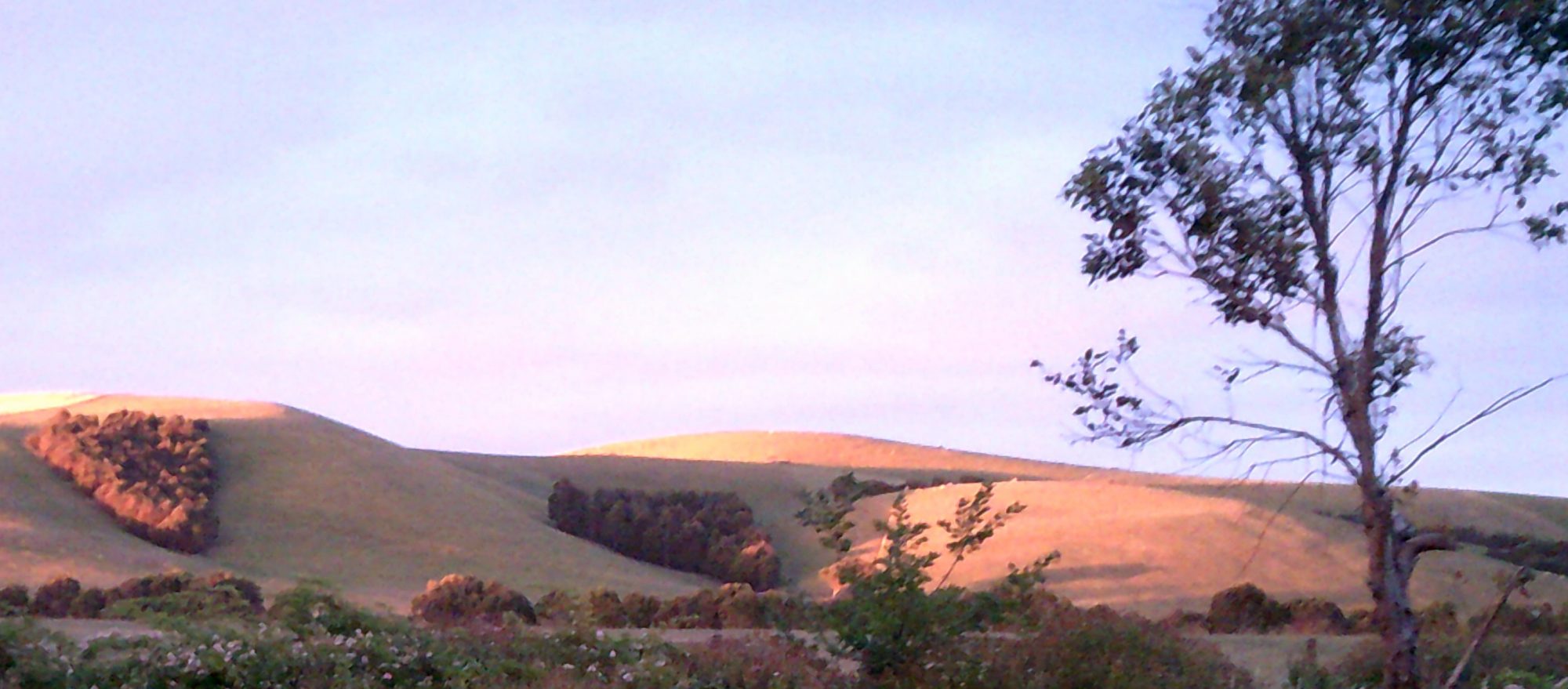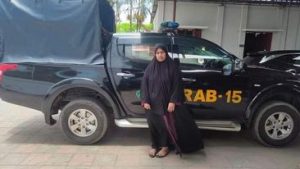China is putting pressure on Myanmar to repatriate the Rohingya, but will the Rohingya be treated the same way as China’s Uyghurs???
Since 2020 I have been working online as a Human Rights Advocate for the nearly one million Rohingya Muslims housed in the Bangladesh Refugee Camps at Coxes Bazar. The site is made up of several camps, the largest being the registered camp of Kutupalong. Since the 2017 coup in Myanmar the complex has grown with many smaller camps and the area is now collectively known as the Kutupalong–Balukhali refugee camps.
Myanmar, or what used to be known as Burma, is largely a Buddhist country which has endured decades of repressive military rule, extreme poverty and ethnic cleansing, resulting in hundreds of thousands of people from minority groups being displaced, many are now living in Bangladesh refugee camps.
The geographical site of the camps is extremely hazardous. It is subject to coastal winds, cyclones, inundation, floods and landslides, these events have already cost many lives, including those of small children, some of whom have been buried alive under shifting earth. The living conditions are appalling, large families are crammed into the very small shelters, many of which are along steep and unstable slopes. There is no proper sanitation, open sewage runs in between shelters and when it rains it seeps into the bamboo and tarpaulin structures. The camp is set in a regional landscape with natural beauty, much of which is now polluted with waste and contaminants from the camps. It may be a little-known fact, but refugee camps are an ecological disaster and they are growing in size.
The camp with its barbed wire fences and gun towers is effectively a high security prison. No one gets beyond the wire without permission. Alliance Sans France attempt to run a small primary care hospital, but there are never enough supplies to meet the demand. Education in the camp is almost non-existent. Teachers who attempt to set up small schools for children are immediately shut down. Some classes have been known to take place in candlelight and they last for a few weeks before they are disbanded. There are more children in the camps than there are adults and they have no future.
Food supplies are inadequate causing many refugees to be suffering from malnutrition, this was made worse this year when the World Food Program cut the already meagre rations of food by 17%. There is very little drinking water, refugees are forced to risk their lives by slipping under the fence to beg for clean water from nearby residents.
The camps are plagued by corruption and the infiltration of terrorists from Myanmar’s revolutionary armies. Assaults, shootings, rapes and abductions happen almost daily. Refugees live in fear for their lives and little hope of ever getting resettlement. Only 1% of refugees get resettlement in a third country, as a result some refugees have been in the camps for over thirty years. Added to this, there has been little support from the international community for fear of offending the major powers who have significant investments in Myanmar and the region.
Refugees in the camps are hungry, people are sick and people are dying from fatigue and despair. These are people who have lost everything, yet they are treated like outcasts and criminals. Bangladesh never wanted the influx of refugees. At the time of the coup in 2017 the Bangladesh Government tried to turn the refugees back, but it is against international law to return refugees to the place of persecution. Bangladesh is not a signatory to the 1951 Refugee Convention, but it is careful to maintain a good reputation for the sake of its economy. Bangladesh has one of the world’s fastest growing economies and it is building massive new business and infrastructure projects with assistance from China and Saudi Arabia. The country could assimilate the refugees as many of the Rohingya speak the Bangla language and are familiar with the culture, but instead Bangladesh has created an apartheid system under the watch of the United Nations, the International Organisation for Migrations and its western allies.
Today, the Rohingya refugees are more unwanted than ever before because China is putting pressure on Bangladesh and Myanmar to resolve the refugee problem which is impacting Chinese investments. China sits behind the current plans to repatriate the Rohingya back to Myanmar, not to a life of freedom, but into another camp overseen by the Myanmar junta. Refugees have been told the camp is temporary, but all refugee camps are deemed temporary, including China’s re-education camps that currently house the Uyghurs.
The Bangladesh Government has been gradually shifting refugees to an offshore island in the Bay of Bengal. To date, 30,000 Rohingya refugees have been relocated to the sinking silt Island of Bhasan Char with little or no contact to the outside world. The shift has been condemned by almost all the refugee agencies. Most of the refugees were seemingly coerced into going to the island with the promise of better conditions, but those promises have not come to fruition. Attempts to shift the rest of the refugees out of Bangladesh are now focused on the repatriation of the Rohingya to Myanmar, where they have no rights to citizenship or services and where the Rohingya are still being subjected to an ongoing regime of persecution (genocide).
Bangladesh signed an agreement with Myanmar on repatriation in November 2017, shortly after they were driven out of Myanmar. The agreement was brokered by China. Now the question arises as to why China is suddenly putting more pressure on Bangladesh and Myanmar to repatriate the Rohingya? Myanmar at the behest of China, needs to build its economy. The repatriation will likely relocate the focus away from Myanmar’s military government and its human rights abuses and it will boost the workforce in respect of China’s investments. The chances of the Rohingya reaping any benefits from this arrangement are minimal. Indeed, they could end up in the same situation as the Uyghurs, that is being reprogrammed to meet China’s cultural and economic agenda.



